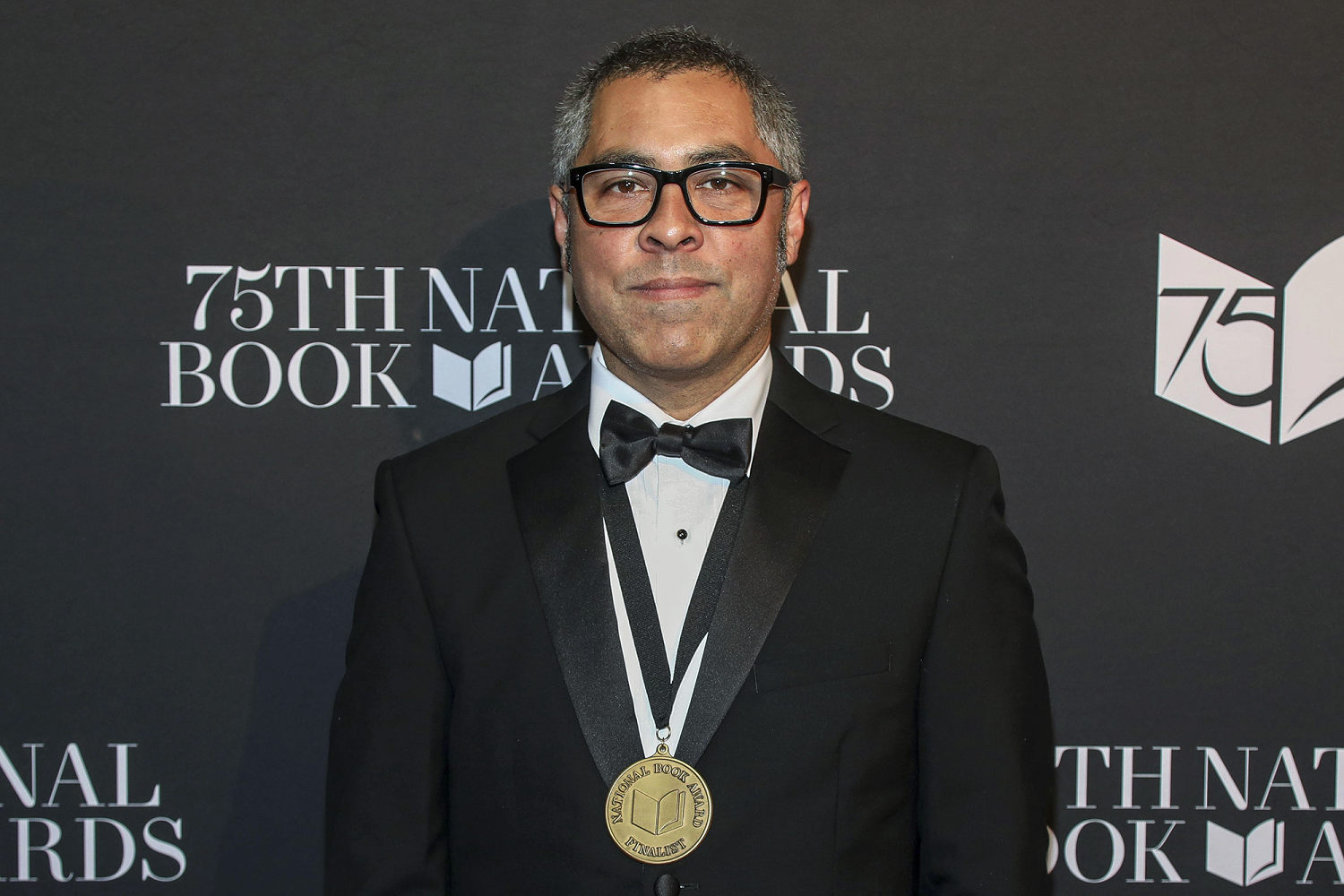
Anthropologist and author Jason De León said the problem with the topic of migration is that people “pedal these very simplistic stories — and it’s a very complex issue.”
To examine the issue of human smuggling, De León spent seven years closely studying the lives of men dedicated to smuggle migrants from Central America and Mexico into the US
The result was his nonfiction book, “Soldiers and Kings: Survival and Hope in the World of Human Smuggling,” which on Wednesday garnered De León the prestigious National Book Award for nonfiction.
“I’m still in pretty much disbelief,” De León told NBC News over the phone Thursday afternoon, in his first interview since winning the award.
For De León, the award “felt like a major win” for a book about elements of migration that are “totally overlooked.”
“I ended up writing a book about a bunch of broken, beat down, mostly young men who taught me so much about what it’s like to try to survive,” De León said. “I think it’s a testament to just listening. I wanted to go in and listen to those guys. And once I did, and accepted that was my role as a listener, I just felt like I learned so much. I’m super grateful for the experience and for the fact that those guys all really wanted to share their very important stories.”
The book, which was released in Marchprovides a close look at the rarely seen world of human smuggling and its connection to undocumented migration, while providing a more nuanced portrait beyond the stereotypes of those doing the smuggling.
This is the first in-depth and character-driven book looking into human smuggling through the real journeys and work of informants, gang leaders and guides, according to the University of California, Los Angeleswhere De León teaches anthropology and Chicano studies and serves as the director of the Cotsen Institute of Archeology.
De León’s book is grounded on seven years of research, which involved following a group of subjects to show the complexity of undocumented immigration and the realities and conditions that drive mass migration.
While De León interviewed countless migrants and smugglers, his book focuses on the journeys of nearly half a dozen people from Honduras, Mexico and elsewhere.
“We cannot begin to grapple with this issue until we understand all its complexities. That’s talking about smugglers, talking about the political economy of undocumented migration — and people don’t want that. They want to ignore these things. They want to say that solution is to build a wall … the world doesn’t work like that,” he said. “For me, as a social scientist, as an anthropologist, my goal is to show people the reality that actually exists.”
With this goal in mind, De León said he hopes that the stories compiled in his book help improve people’s understanding of immigration issues and equip them with the knowledge necessary “to ask better questions of our leaders” and “begin to address these issues in a more nuanced way.”
The son of immigrant parents from Mexico and Philippines who had served in the Army, De León mostly lived in Long Beach, California, and the Rio Grande Valley in Texas — constantly crossing the border into Mexico and growing up with relatives who were undocumented.
Later in his professional career, De León became the executive director of the Undocumented Migration Projecta research nonprofit that seeks to raise awareness about global migration issues while also assisting families of missing migrants who are looking to reunite with their loved ones.
The organization has been studying clandestine migration between Latin America and the US since 2009 by using a combination of visual, archaeological and forensic methods “to understand this violent social process,” according to De León’s website.
Despite his years of experience, De León said he learned new lessons while working on the award-winning book.
“That’s the beauty of the research. I feel like I’m constantly learning about the world,” he said. “In writing a book about smugglers, I did not expect to be taught lessons about empathy, to be taught lessons about hope, to be taught to be more reflexive about my own position in the world.”

